
Courtesy iStock
I love food. I love America. Put the two together, and you get these, the 12 most iconic American foods:
- Hamburger. Classic. Fantastic. Our biggest culinary export. The perfect example of our super-indulgent, informal, on-the-go style food.
- Tex-Mex. Mexican is the greatest Latin American cuisine and arguably better than even Spanish cuisine. But bastardized American-Mexican is just as good. Believe it or not, chimichangas, nachos, fajitas, burritos, hardshell tacos, and “American tacos” filled with seasoned ground beef, lettuce, tomato, sour cream, and cheddar cheese were all invented in America, not Mexico. They all rock.
- Pizza. Originally invented by Italy, but perfected in American with flimsy, foldable New York style, deep dish Chicago style, and rectangle, focaccia Detroit style. All three are delicious!
- Fried chicken. Roast chicken is one of the most savory things you will ever taste in your life. Fried chicken is like roast chicken on “carb-o-rated” steroids. So unhealthy but so, so good.
- Peanut butter and jelly. I freakin love these things and still try to eat one a month. I ate one nearly every weekday as a kid.
- Bar-b-que. Brisket. Pulled pork. Dry rub. Dripping wet. Vinegar based. Mustard based. It don’t matter. They’re all scrumptious.
- Chocolate chip cookies. Although not our most popular dessert (see below), it’s my personal favorite. Thank you, Toll House!
- Ice cream. Need I say more?
- Brownies. It is a cake or chocolate cookie? Both!
- Macaroni and cheese. Pasta cooked in milk and mixed with gooey cheddar cheese? Yes please!
- Hot dogs. Although a known carcinogen, these little sausage rockets topped with mustard, relish, and onions are worth eating every now and then.
- Popcorn. Is there a greater finger food? Probably not.
Honorable mentions: Thanksgiving dinner, pumpkin pie, cornbread, clam chowder, mashed potatoes, apple pie, biscuits and gravy, key lime pie, clam chowder, tater tots.
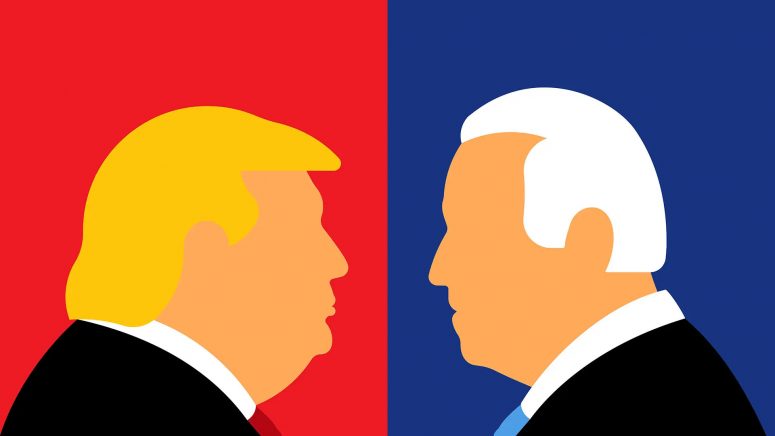
Courtesy Shutterstock
This year democracy is facing extinction. America is at stake. If we elect the wrong president, the nation will likely die. Overnight. Call it, “Decision 2024: End of Democracy Edition.”
Sound familiar?
Every four years, Americans are patronized by fear-mongering media and desperate politicians with this blasé rhetoric. “This is the most important election ever,” they say. “Of our lifetimes! In the history of the universe!”
Ironically, the phrase has been slyly used since Lincoln’s second election in the late 1800s. It’s basically a hyperbolic trick to attract attention, sell more advertising, and mobilize voters. Continue reading…
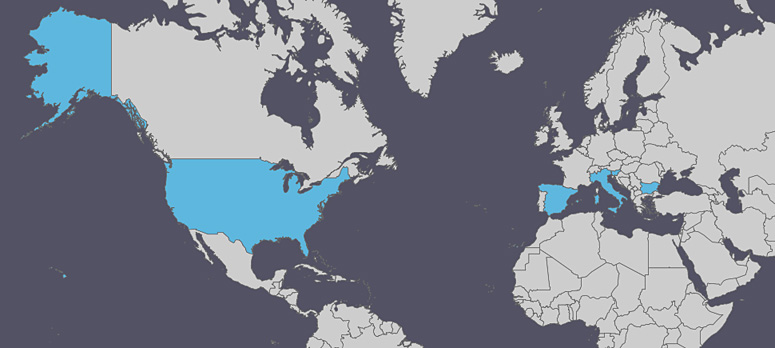
AM Charts
I did some light reading on time-use recently and came across some insightful observations from researcher John Robinson. He’s spent the last four decades reviewing thousands of “time journals” from people around the world.
Contrary to what you might think, Robinson argues we have more free time today than when he started keeping records in the ’60s, something The Atlantic corroborates. Only now we choose to fill that free time with overwork or busy-ness instead of proper leisure (e.g. relaxation, hobbies, or adventures) because that’s how many of us validate our existence.
A few highlights from Robinson’s research: People in Spain spend the most time walking (good for them!), Italians and Slovenians spend the most time relaxing (nice!), and Bulgarians (not Americans!) spend the most time watching TV (tsk, tsk). In the United States, people spend more time on computers than any other country, they volunteer more, and they spend the most time taking care of children and the elderly.
I suspect the increase in childcare is partially due to the rise of helicopter parenting. But those are mostly noble uses of American’s time, I believe. That is, of course, if we’re using computers to work smarter, work less, and facilitate really cool offline adventures.—Blake Snow
The story first published to blakesnow.com in 2014
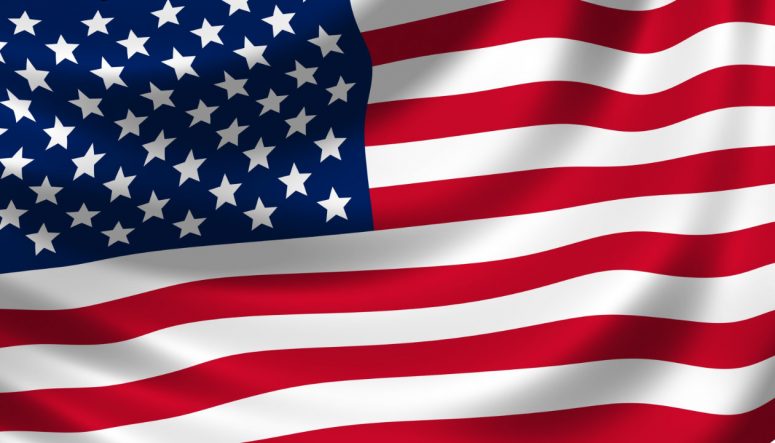
Happy birthday, America!
I love how you’re home to the friendliest and most generous people in the world. I like how you cheer on amateur athletes (even youth ones) almost as much as professional ones. I admire how you champion democracy, protect the high seas from pirates, and smoke less than any other developed country on Earth.
Granted, you have an obesity problem, export many of the world’s biggest vices, and are often ungrateful. But as the inventor of electric guitars, rock ‘n roll, and blue jeans, I can’t stay mad at you.
Here are 35 other amazing things you invented over the last quarter millennia: Continue reading…
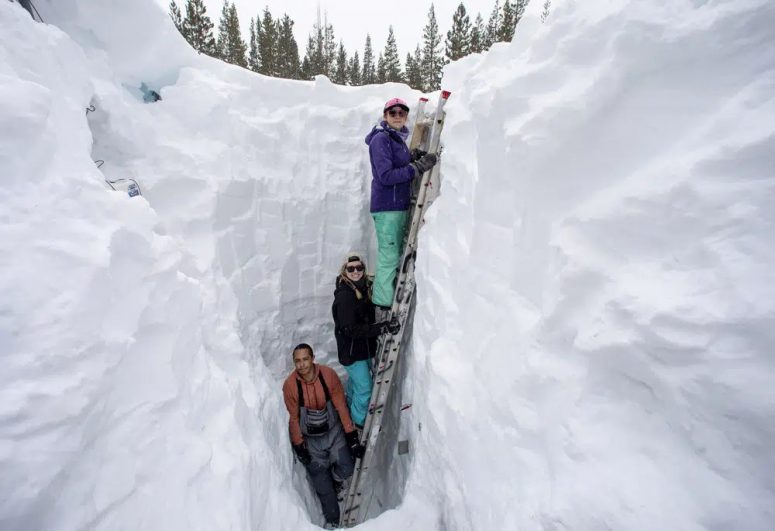
The United States leads the world in weather catastrophes, reports the Associated Press. The result is a whole lot more tornados, hurricane, flash floods, droughts, wildfires, blizzards, and sever thunderstorms when compared to other continents.
We can blame our unlucky geography for this, specifically these five things:
- We are flanked by the two biggest oceans. This really messes with our air conditions.
- A third “ocean basin” lies beneath us. It’s called the Gulf of Mexico and it further upends our overhead atmosphere.
- The Rocky Mountain west. These mammoths trap air, hold it, which causes storms to build then explode as they move east.
- Jutting peninsulas like Florida. We’d have a lot fewer hurricanes if it weren’t for this landmass trap more air.
- Clashing storm fronts along the jet stream. When combined, this further brews nasty weather.
And there you have it. Land of the free. Home of the brave. Leader of the free world. And the nastiest place for inclement weather. God bless the USA.
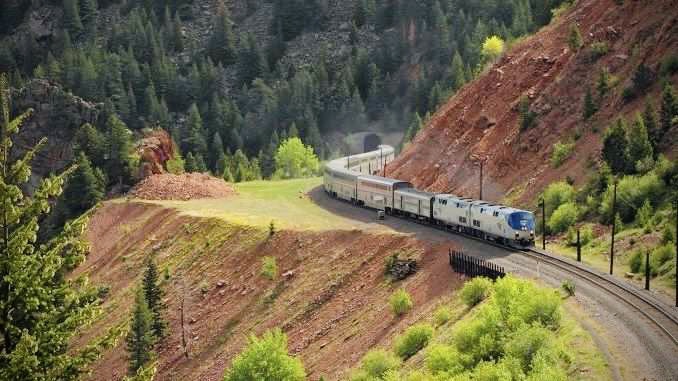
My latest for Paste: “The California Zephyr is known for being the most beautiful train ride in all of North America. Operated by Amtrak with daily service between Chicago and Oakland, the Zephyr crosses 2,400 miles and takes 52 hours to complete. Having enjoyed rail travel on other continents, this fabled route through my own backyard has been on my bucket list for years.” Continue reading…
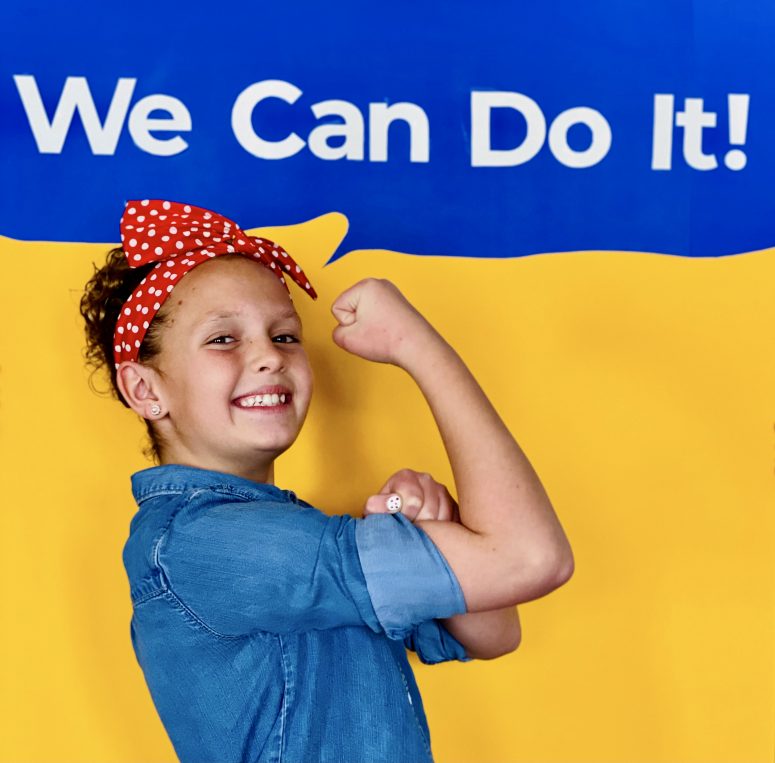
My adorable daughter photographed by my devoted wife Lindsey
I love this fact-based, feel-good article by Ben Carlson: “Since 2008, we’ve experienced flash crashes, government shutdowns, natural disasters, trade wars, a contested presidential election, a pandemic, and the fastest bear market in history. Yet the Dow rose from 11,497 to more than 36,000 and counting. Maybe our best days are behind us. Maybe it will be impossible to see the same amount of growth going forward. It’s certainly possible. I choose to believe that most people will continue to wake up in the morning looking to improve their lot in life. People have been betting against the U.S. economy for decades. They’ve never been rewarded for it. Progress is in our DNA. Good luck betting against it.”
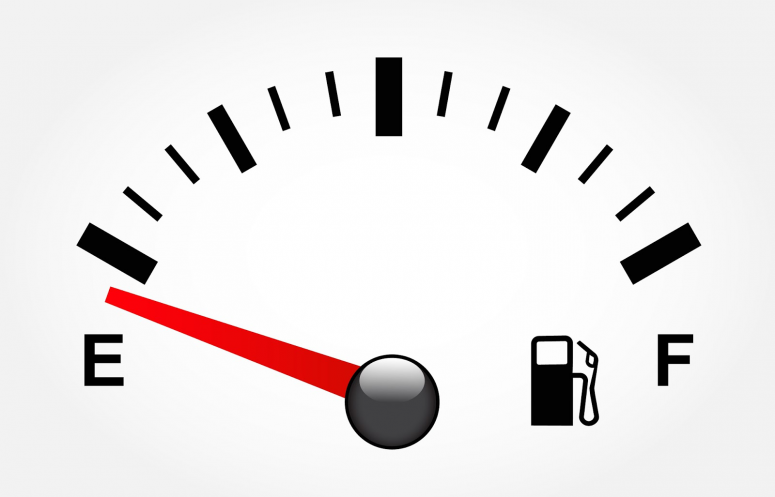
Courtesy Shutterstock
This is an excellent essay by Derek Thompson: “I want more new companies and entrepreneurs, which means I want more immigrants. I want more megaprojects in infrastructure and more moon-shot bets in energy and transportation. I want new ways of funding scientific research. I want non-grifters to find ways to innovate in higher education to bend the cost curve of college inflation. I want more prizes for audacious breakthroughs in cancer and Alzheimer’s and longevity research. As strange as this might sound, I want the federal government to get into the experimentation game too and found new agencies that identify and solve the problems that will be created by this riot of newness, as the CDC and DARPA once did. And, finally, I’d like Hollywood to rediscover a passion for cinematic blockbusters that don’t have numbers in the title.”
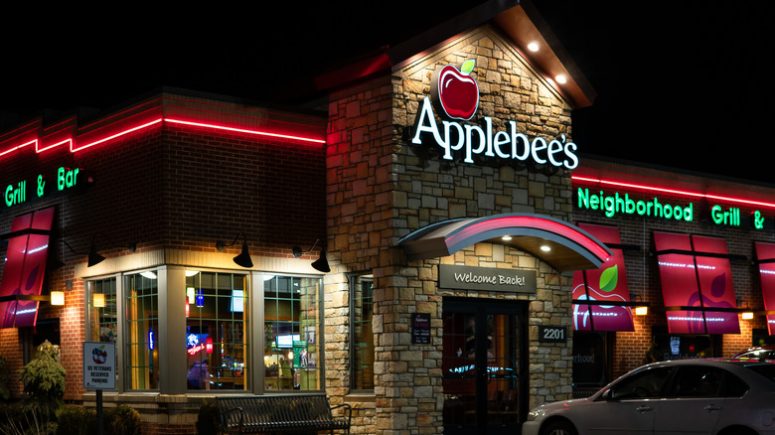
Courtesy Shutterstock
Once upon a time in the mid ’90s, my family regularly enjoyed lunch or dinner at Applebee’s. The national restaurant chain was founded in my home state of Georgia and rapidly expanded across the country that same decade. Americans loved the affordable comfort food, as did my father. Our whole family did really. So we ate there often.
Fifteen years ago, that all came to a screeching halt. After the last of an increasingly disappointing, if not unappetizing, meal, my twenty-something wife and I turned to each other and announced, “Let’s not eat here again.” So we didn’t.
Until this month. Continue reading…
I’m incredibly biased and totally indoctrinated, but I admire America. Objectively speaking, it truly is one of the world’s most diverse playgrounds. Granted, I cherish my adventures abroad and look forward to future ones. But I treasure my own backyard as much as I do exotic soil.
So far I’ve managed to spend meaningful amounts of time in 35 states (excluding states I’ve driven or flown through without doing more than filling gas or eating a roadside meal). As you can see from the accompanying map, I’ve traveled through all of the West, much of the South, and the better part of the Northeast.
Which states have left the biggest impression on me so far? To keep things fair, I’m excluding my home state of Utah, although many would argue it’s an impressionable one. Also, I tend to value “great outdoors” over cities. That said, these are my favorites until further notice: Continue reading…
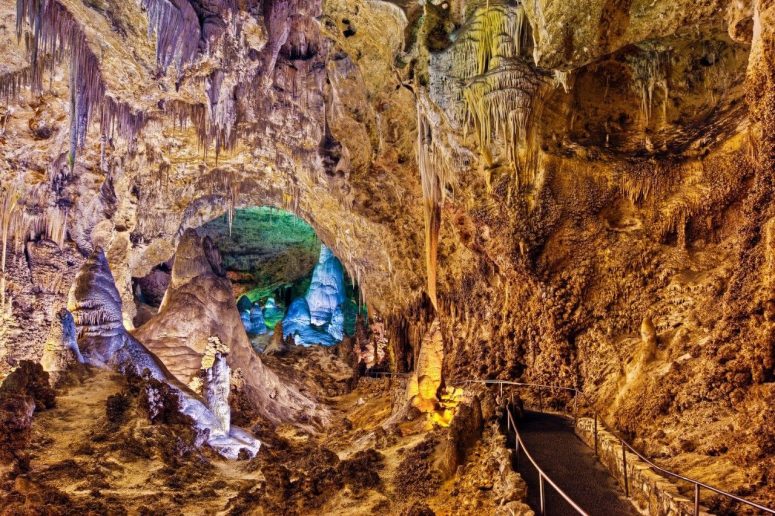
My latest for Orbitz: “Caves are figuratively and literally cool. As natural voids below the surface, caves offer a chilly refuge on hot days, and a place to marvel at unique rock formations and ancient stalagtites. National Cave Week, June 6-12, celebrates these natural wonders. In the spirit of spelunking, these are the greatest caves in America.” Continue reading…
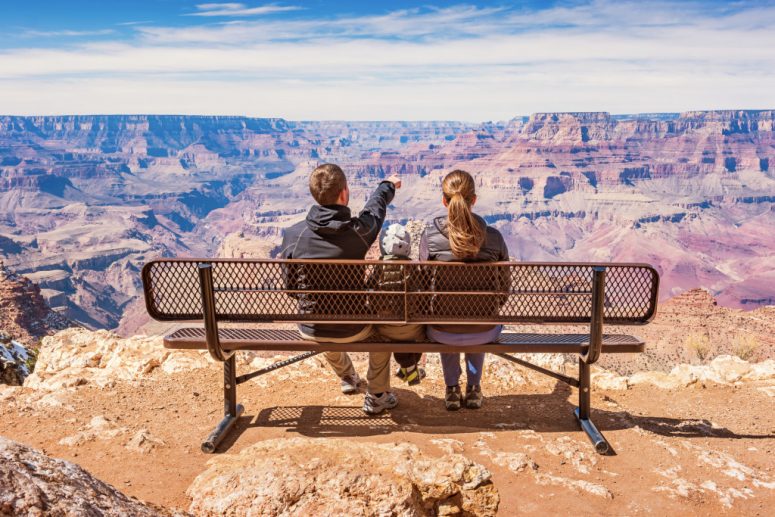
My latest for Travelocity: “The Great Outdoors are scientifically proven to improve your family’s health and happiness. And when it comes to seeing some of the best of America, few regions are more compelling than the Mountain West states (for the record, that’s everything west of the Midwest except Washington, Oregon, and California). With so much to see, however, where should you turn your attention? If you can only visit one place in each of the eight Mountain West states, these should be at the top of your list.” Continue reading…
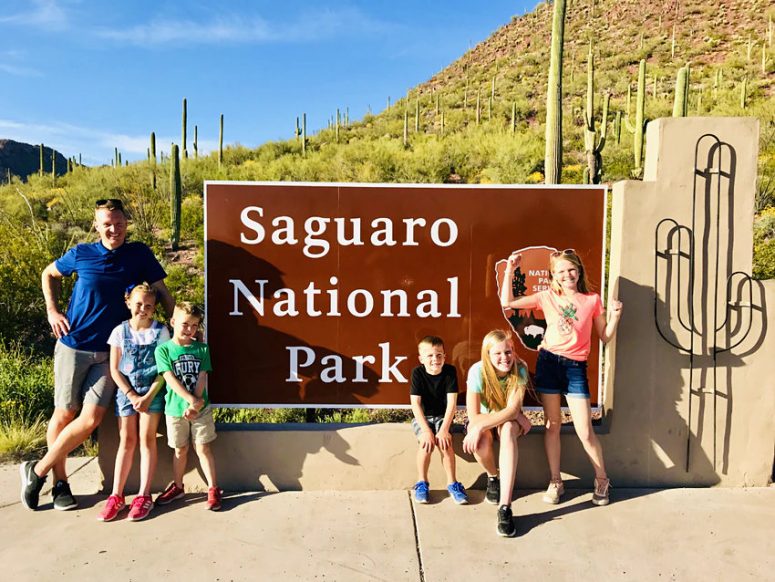
Courtesy Lindsey Snow
The United States recently designated “White Sands” as the country’s latest and 62nd National Park—the highest honor given to protected lands. But New Mexico’s newest national park isn’t the only one. Since 1994, America has recognized more than 10 new National Parks. Here’s where to find them and what their biggest draws are, according to my latest article for Lonely Planet.
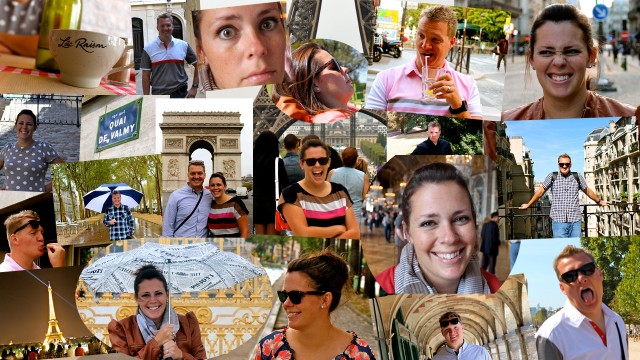
The story first published to blakesnow.com in the fall of 2012
With the help of two babysitting grandmas, a good job, and lots of decisiveness, Lindsey and I vacationed in Paris this year for her birthday. It was our first time to Yurp. (And I thought Boston was old!)
Travel bragging aside, I learned several things on the trip, including a few reoccurring generalizations. They are as follows: Continue reading…
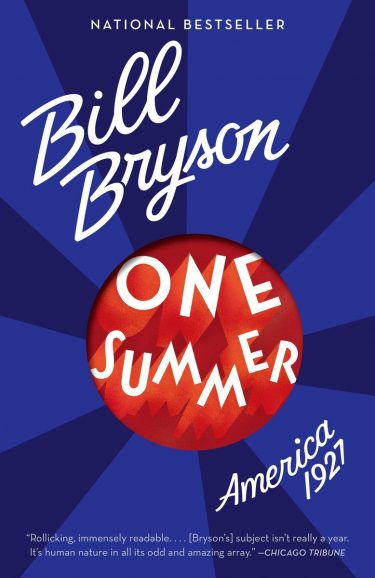 Most historians agree that America became the wold’s superpower in the early 1900s, either after the building the Panama Canal or certainly for their help in winning World War I.
Most historians agree that America became the wold’s superpower in the early 1900s, either after the building the Panama Canal or certainly for their help in winning World War I.
Author Bill Bryson, however, convincingly argues that the county truly congealed that status in the summer of 1927, when Charles Lindberg became a global superstar after becoming the first person to fly across the Atlantic; “talking pictures” began exporting American thoughts, attitudes, and culture en masse; installment plans made modern consumerism possible; television was invented, and Babe Ruth became the first athletic superstar. Amazingly, a lot more happened that summer, too, which you’ll need to read to find out for yourself.
With one or two exceptions later in the book—where Bryson sorta goes off on a tangent about seemingly unconnected things that happened that summer (such as what book publishers did that summer)—I found the history to be fascinating and often gripping. Either way, “It was one hell of a summer,” Bryson writes.
Here’s my favorite passage: “It is a little hard to imagine now, but Americans in the 1920s had grown up in a world in which most of the most important things happened in Europe. Now suddenly America was dominant in nearly every field—in popular culture, finance and banking, military might, invention and technology. The center of gravity for the planet was moving to the other side of the world, and Charles Lindbergh’s flight somehow became the culminating expression of that.”
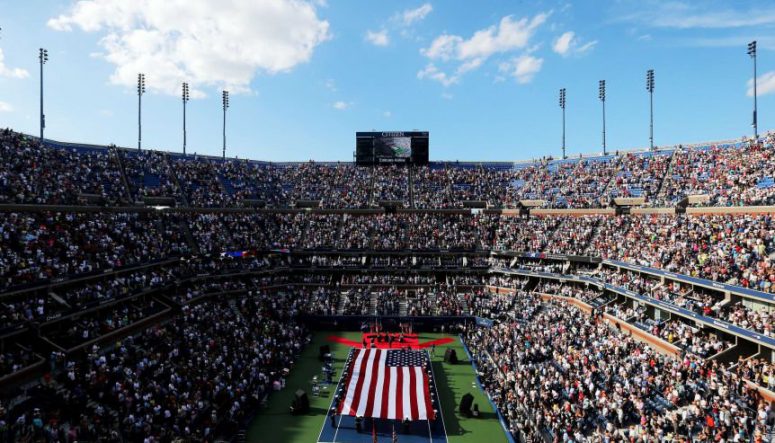
Courtesy Shutterstock
Although unusual elsewhere in the world, the United States is very patriotic and proud when it comes to commencing athletic events with its own national anthem. Why is that?
In this excellent 12 minute report by Cheddar, it’s fascinating to see how the tradition took root, and how it might change (or not) in the coming years.
My personal opinion: I like the sporting staple and don’t think it’s overplayed, since most people only participate in it when in person or during big televised events such as the Super Bowl or Olympics.
The rest of the time we mostly skip it, which keeps the anthem from becoming blasé (unless of course your one of the rare athletes that hears it before every game).
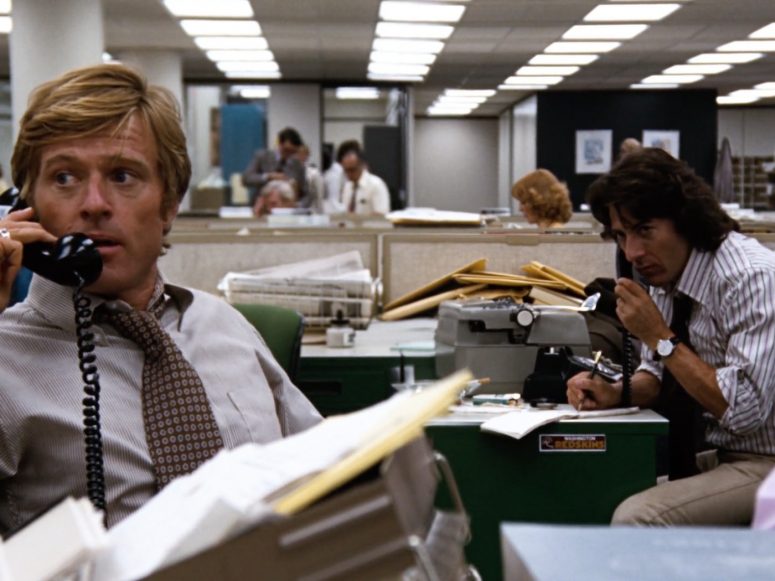
As a working, independent journalist for over 15 years now, I can attest that there is, in fact, a liberal bias in the media. In fact, 37% of journalists identify as liberal, while just 7% as conservative, according to the Washington Post. The rest, myself included, are independent.
Having written for dozens of moderate outlets such as CNN and even Fox News and MSNBC—the most extreme publications for American news bias—I also have a lot of insight into why that is. Here’s why. Continue reading…
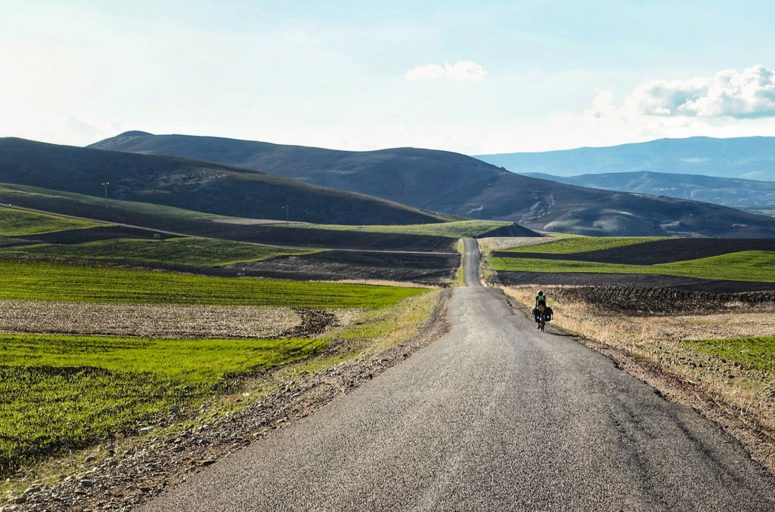
Courtesy Outside
They were both modern-day martyrs, reports Outside magazine.
“Back when Austin and Geoghegan were cycling through Spain, after they were rescued by a stranger in the middle of a snowstorm, Austin wrote a post on his blog. “We live in a world where how you live is dictated largely by how you trust. If you do not trust others, if you believe human nature to be something dark and rotten, you close yourself off to a whole lot. If you do not open the shutters, all you get is darkness, no matter what’s outside. True, you may get darkness even if the shutters are open. Darkness or something worse: a rock hurled through your window, a tree branch kicked up by violent winds. But there’s no way to let the light in unless you open your shutters to the wider world.”
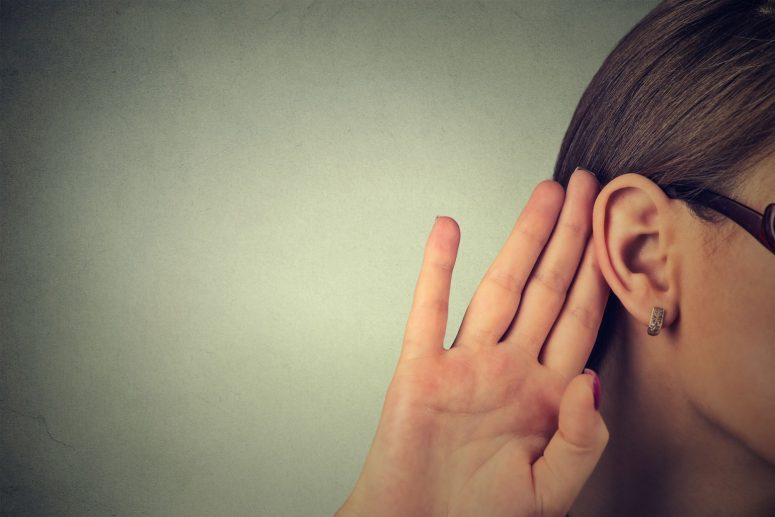
Courtesy Shutterstock
More than half of Americans think crime is getting worse, according to FiveThirtyEight. Truth is: this majority is wrong. Both property and violent crimes have decreased by nearly 75% over the last three decades.
On top of that, everything else is down too, according to Factfulness. Death, poverty, illness, disease—everything. And we can confidently say that without fear of things getting worse if we admit that. Humans get better. Period. We progress and we still will.
Problem is, fear has a nasty way of impeding our progress. For example, “The trouble is that fear about crime isn’t rational, and it’s hard to convince people to think differently about a problem that they don’t experience on a day-to-day basis anyway,” reports FiveThirtyEight. “’You can tell Americans that the crime rate is lower today than it was in the 1990s, but it won’t feel real to them,’ said Kevin Wozniak, a sociologist at the University of Massachusetts Boston. ‘That is, unless politicians stop drumming up the crime rate and people stop hearing about murder every night on the local news.'”
This is especially compounded in middle class and rich countries like America. These types of societies fear more irrational things than others, because they have the luxury of worrying about a lot more stupid things than basic necessities and average wants and needs.
So they worry. They overstate their fears. Then they become victims of that fear.
Coincidentally, we see a lot of similar fears taking hold today about public health. Both are valid concerns, mind you. But I believe both are equally overstated and misunderstood.
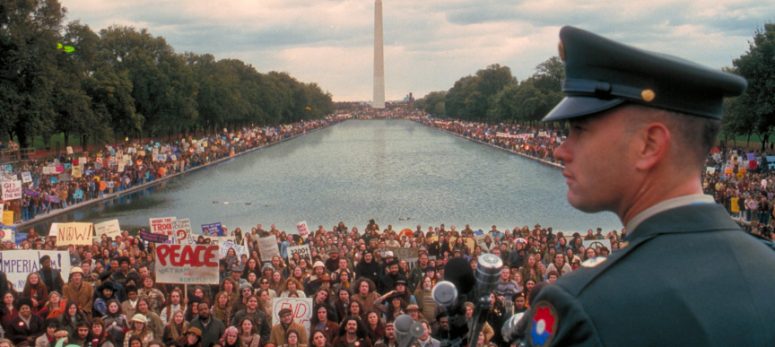
Courtesy Paramount Pictures
Divisive presidents, partisan gridlock, identity politics, and fake news are not new, argue the authors of Democracy Despite Itself. In fact, these frustrating problems have been around since America declared independence nearly 250 years ago.
“The history of democracy is a story of ignorant voters making questionable decisions, and unqualified elected officials implementing abysmal policies,” say researchers Danny Oppenheimer and Mike Edwards. “And yet, by every measure of well-being that has ever been studied, citizens of democracies are doing better than any other form of government. We live longer. We have more wealth. We are better educated. We are safer… Yes, inequality, poverty, and crime still exist, but that is true of every society. No society is perfect, but democracies are less imperfect.”
Not only that, but democracies do a better job improving the existing inefficiencies better than other governments, without widespread bloodshed, the authors argue. Like capitalism, democracy has a proven track record of being the most progressive system available to enrich societies.
In other words, don’t throw the baby out with the bathwater!
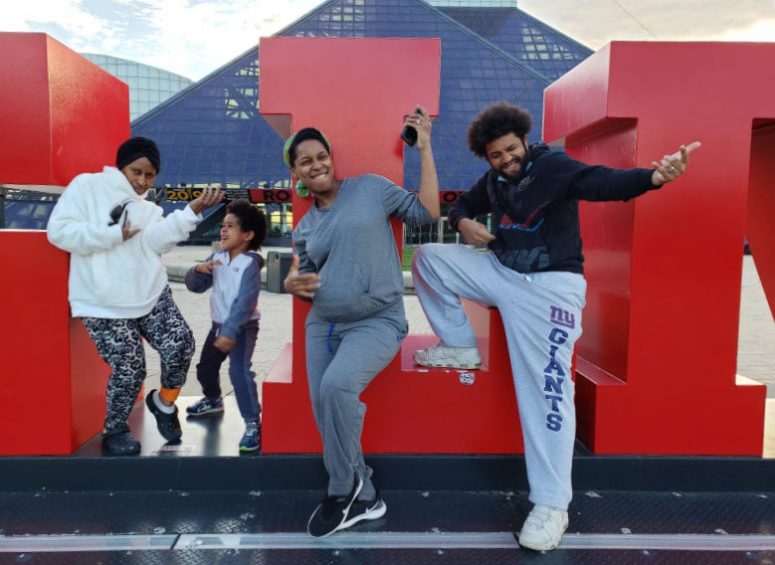
Courtesy Janine Rubenstein
Read and enjoyed this adventurous story by Janine Rubenstein this week:
I found a site called RVShare.com, which is basically AirBnB for motor homes. Unsurprisingly, you could count on zero hands the amount of Black RV owners I spotted on there. But I stumbled upon the nicest guy renting out the perfect first-timer van: a Class A, 2016 Ford Thor Vegas, measuring in at 24ft. “It drives just like a big SUV” he told me, which helped calm my nerves about how my brother and husband would be able to maneuver the thing.
Pretty sure it’s the first article I’ve ever read in Essence and hope it’s yours too if you’re never read the magazine before.
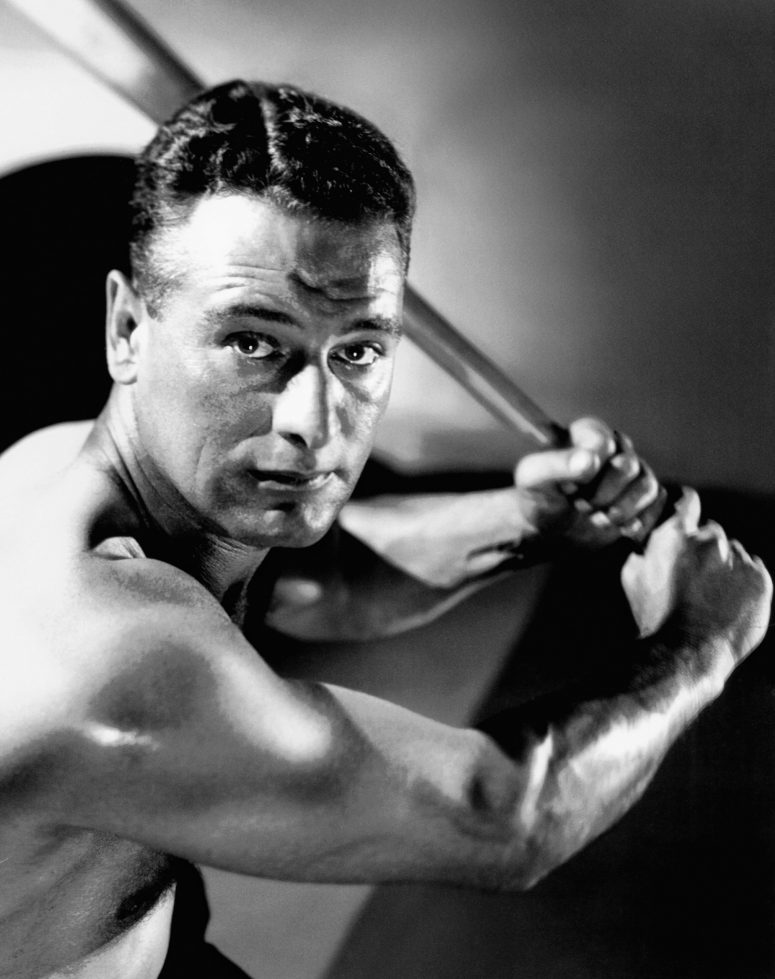
This is a fantastic long-read by Louis Menand about how baseball players turned athletes into the sponsored celebrities we know them as today. “He signed his first client in 1921. And that client turned out to be the greatest sports figure of his day, or possibly, with the exception of Muhammad Ali, of any day: Babe Ruth. Ruth didn’t just do what every ballplayer did but better. On the field and off, he was in a class by himself.”
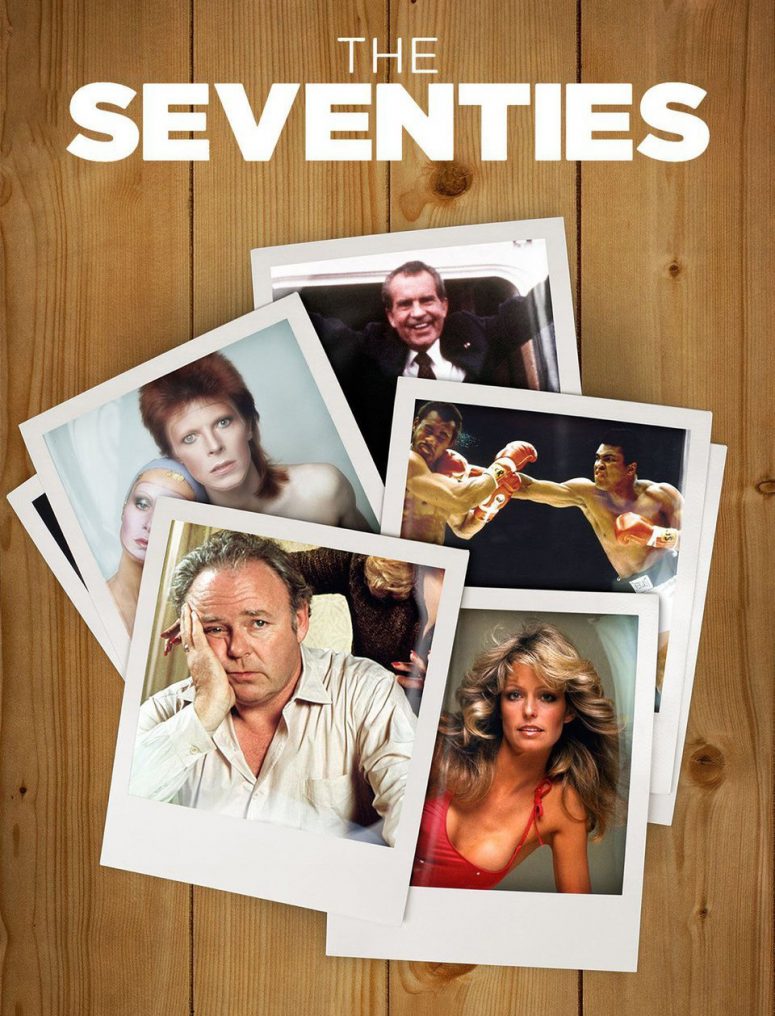
The following description by Glenn Colehamer of California is as fascinating as it is relevant.
I was a college junior at the dawn of the 1970’s. Here’s what I remember during that remarkable fascinating decade, both great and not so great:
Cigarette butts on the ground everywhere people went. Ash trays everywhere.
Peace symbols as graffiti everywhere you looked.
Long hair on men everywhere you looked.
Free sex, no AIDS, no herpes, no condoms. Antibiotics reliably cured most venereal diseases.
Youthful baby boomers everywhere.
Muscle cars everywhere. VW bugs in your way everywhere. VW vans owned by hippies everywhere. Curtains covered all the side and rear windows. We knew why. Continue reading…
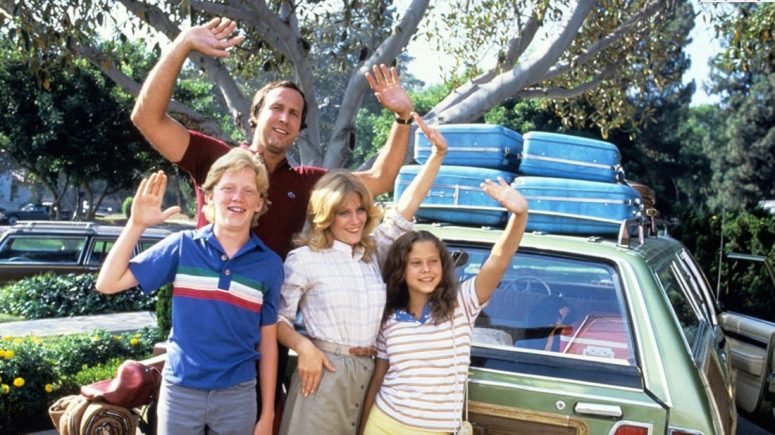
As parents for over a decade, my wife and I have forced a lot of dogma upon our five children. Some might call us total meanies for doing so. Nevertheless, here’s how we’ve indoctrinated them so far: Continue reading…
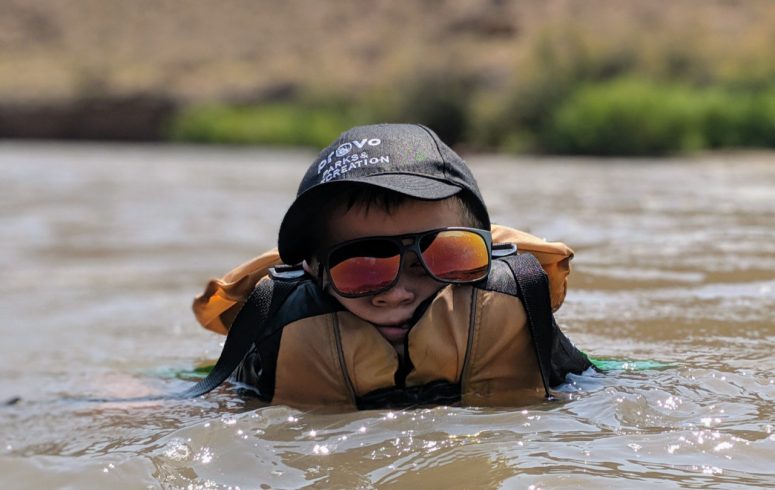
Excluding my non-bylined commercial writing, here’s what I’ve written for news media lately:
Thanks for reading and sharing.
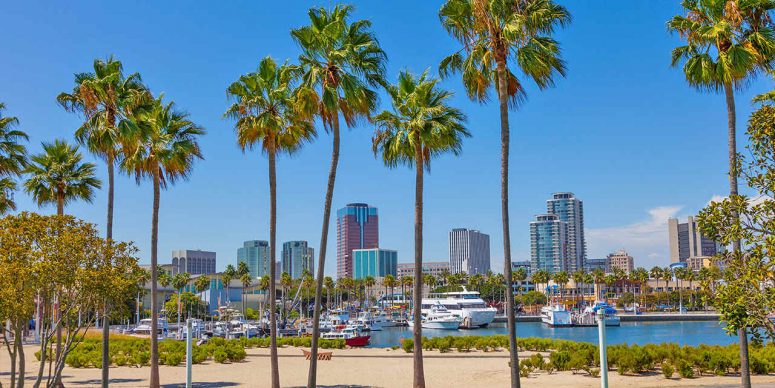
Long Beach, CA
I visited Austin and Tucson earlier this year and was surprised by their size and subsequent lack of professional sports, which hurts their notoriety and familiarity in an otherwise sports-crazed nation.
Meanwhile, Green Bay, Wisconsin—home of the well-known Packers—is the smallest city in America with a pro sports team (just 100,000 residents).
What other large cities might fly under the radar, then, due to a lack of professional sports?
This is what I found—the largest U.S. cities without a pro team: Continue reading…
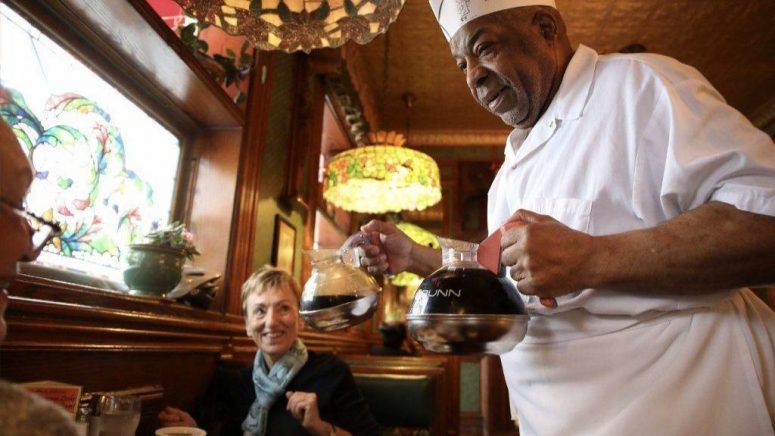
Courtesy Chicago Tribune
I read a thought-provoking story recently about Othea Loggan, a Chicago man who has bussed tables at the same restaurant for 54 years. He still works there today, earning just under $3 more per hour than minimum wage. With tips and annual bonuses, it’s estimated Loggan earns $14 an hour bussing the same tables he has for over five decades.
Unlike most entry-level bussers, Loggan gets five weeks vacation per year and works at a place he seems to really enjoy. Like every other busser, he gets no retirement or health insurance, however.
Despite all of this, Loggan (and his full-time working wife) raised a family, bought a house, and is seemingly happy, or at least he isn’t verbal about expressing any regrets. In fact, his son says as much. “My father is old school — never complains about nothing, never. My mother too. There were times it was hard to get food on the table, and they did not complain. But he got this job, he did it well, held on to it, and there needs to be a lot of respect for someone like that.”
The chef that has worked with Loggan for more than five decades says the same. “I think Loggan just decided to be a busboy. He is content. It’s all he wants. So I ask — isn’t that OK?”
It’s not okay, implies author Chris Borrelli. Continue reading…
 My wife and I were discussing gender equality over lunch today. On a scale of 1–10 (one being female dominate and 10 being male dominate), we both agreed that America today is probably around a 6.5/10 in favor of men.
My wife and I were discussing gender equality over lunch today. On a scale of 1–10 (one being female dominate and 10 being male dominate), we both agreed that America today is probably around a 6.5/10 in favor of men.
That might vary a half point in either direction depending on what part of the country you live in. But overall I think that’s a fair assessment.
What will it take to get to an equal five? Two big things: equal pay for the same job and greater access to leadership roles. I’d also add being able to walk alone a night without fear of being assaulted, but my wife said that’s a tricky one. After all, how much of that perceived inequality is unfounded fear versus actual threat?
Either way, I’d say things are looking up for my daughters, wife, sisters, and mother and hope to be at or around a five within 10–20 years. What do you think?
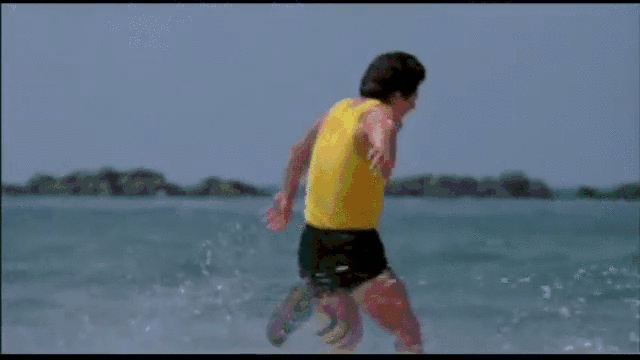
The United States of America is the mightiest nation the world has ever seen. (Murica!)
Its economy is bigger than the next four national economies combined. Its military spends more than the next 20 nations combined. Its human rights and democracy record are admired throughout the world. And in terms of pop culture, it’s arguably the “coolest” nation on the planet.
So how did the United States achieve all this?
History buff Balaji Viswanathan makes a pretty convincing argument on Quora. Here are his reasons: Continue reading…
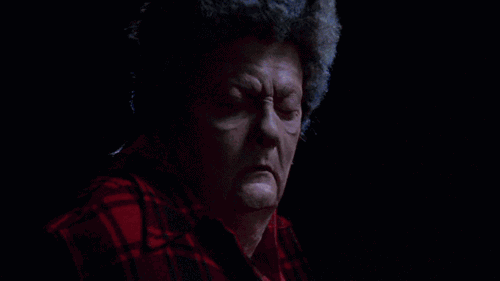
Warner Bros.
As seen on the Internet:
- How Mark Zuckerberg should give away $45 billion by Michael Hobbes. I cringe at the idea of telling other people how they should spend their money, but I’ll let it slide in this clever case as it tells the larger story of how philanthropy might change for the better.
- The creepiest thing that’s ever happened to me. This non-fiction story by Mark Blanchard about breaking down on the loneliest road in America with his girlfriend is not only incredibly written and told, but it’s a modern day mystery with a Pee-Wee’s big adventure like twist.
- The case for a bright American future. Living in fear is for Satanic people who watch too much news. The world is in good hands. Or so says the Oracle of Omaha.

Les Films du Losange
Four disturbing but important stars out of five. My wife and I enjoyed, pondered, and discussed it very much.
At least according to a few sample surveys by Google (below). For the record, I tip 18% on average (more or less depending on service and pity, but rarely for carry out), have a family friend take our yearly family portrait, exercise regularly because I value my health more than getting ahead, and I call it “Coke.”





I’ve been thinking lately how we can make America great again. And all these shallow thoughts are causing me to overstate things like how the oppressed, poor, and innocent abroad no longer want to come here. Or how the current president is taking the country to hell in a hand basket, just like the last president of an opposing party did.
But I digress. After taking an interest in politics twenty minutes ago, here’s what I’ve come up with. From better loopholes to land deals, and political entrepreneurship to corporate welfare, here are six ways America can better protect life, liberty, and the pursuit of happiness for the rest of us: Continue reading…
 If you listen only to Chicken Little environmentalists, you might think America has done little to help save the planet for future generations.
If you listen only to Chicken Little environmentalists, you might think America has done little to help save the planet for future generations.
On the contrary, the country has contributed quite a bit, experts say. In the last 20 years, U.S. engineers have either improved less sustainable technologies or helped revive previously impotent ones such as wind and solar, says Joel Balbien, managing director at GreenTech Consulting.
“Cheap and powerful silicon has led to enormous energy savings in other sectors of the economy, ranging from vehicles to aircraft and office buildings,” Balbien says.
In fact, America gets a lot more bang for its energy buck now than it did in 1991, and that includes clean fuels such as biodiesel and ethanol blends that “extend fossil fuels and reduce emissions,” said Joey Shepp, sustainable programs director at Dominican University of California.
What that means is the planet can do more with less. It also buys scientists more time to identify and adopt more sustainable energy, as society continues to burn through finite amounts of decomposed dinosaurs (i.e. fossil fuels).
Continue reading…
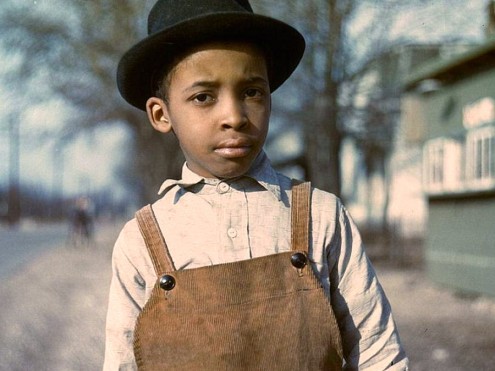 More rare color photos of the depression here
More rare color photos of the depression here
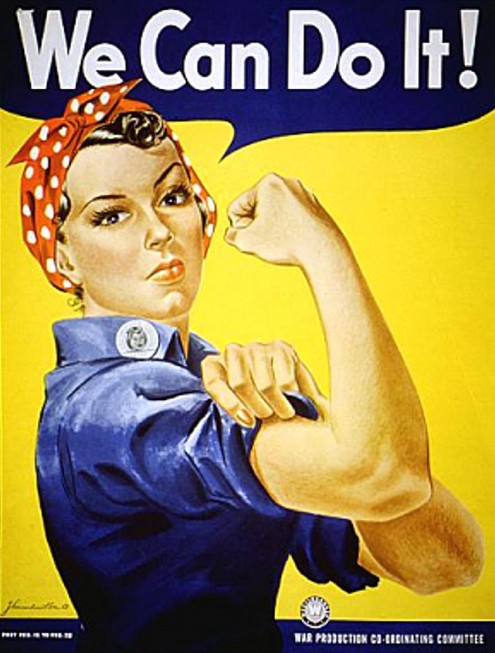 You go, America!
You go, America!
2 Muslims travel 13,000 miles across America, find an embracing nation
An excerpt: “After 13,000 miles, I think that America still exists, and I’m happy to know that it does,” said Tariq, a 23-year-old American of Pakistani descent. “It’s really made America feel like home to me in a way that I’ve never felt before. The America that we think about [as immigrants] is still actually there. I’ve seen it! And I’m seeing it still.”
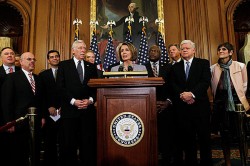 Democrats in the House of Representatives last night approved a controversial healthcare bill, written and approved by Senate democrats in December. The president is expected to sign the bill into law on Tuesday, “then hit the road to sell it to a reluctant public,” reports the Associated Press. Here’s how those in favor of reform have responded to the unpopular bill:
Democrats in the House of Representatives last night approved a controversial healthcare bill, written and approved by Senate democrats in December. The president is expected to sign the bill into law on Tuesday, “then hit the road to sell it to a reluctant public,” reports the Associated Press. Here’s how those in favor of reform have responded to the unpopular bill:
- Why would any damage control be necessary if this bill is so good and will do so many good things? Why did it take a year to pass and why was it passed without any Republican input or votes? How come the people in the party that crafted it needed to be bribed and bought off to vote for it?
- This bill should have been broken into smaller single elements, each being its own bill, then voted on.
- I want reform, but smart reform. Not this.
- The reason we think Washington is dysfunctional is not that nothing gets done, it is because Washington does not listen to those who put them there. Had they scrapped the bill and fixed the things that are broken, no damage control would be needed.
- And how does passing this make Washington functional? They passed it when nobody wanted it (in its form that passed). Wouldn’t that make it dysfunctional?????
- It’s amazing the arrogance of the House to force this atrocious legislation through despite all the public resistance to it. Anyone who voted for it has no business even being elected again.
- Congress ignored the people and now must suffer their wrath in November elections.
Of course, many Americans are elated with the bill, even though most agree it’s “imperfect.” And the bill is a step in the right direction on reigning in ridiculous health insurance policies. But it’s frustrating to see our politicians pass imperfect legislation just to get something passed. Why not wait until we get reform right before passing something? It boggles the mind. Good thing legislation isn’t reversible.
Now before any dreamy eyed Obama voters get offended by the timing of this, I’m in no way calling our nascent President a failure. I’m still hopeful. But as an American, I want answers, which is what good reporting should be seeking anyway. So why haven’t these questions been asked (or maybe I missed them)? Continue reading…
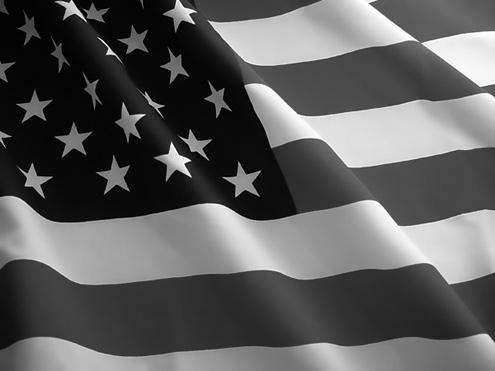
I have been against any type of taxpayer bailout or “stimulus package” since Congress and America’s most liberal-spending president first passed the $700 billion one in October. I even asked my representative not to vote on the bill, which he did anyway.
As the majority of Americans predicted (60% in both a CNN and Gallup poll), the bailout didn’t work, according to today’s report in The Washington Post. Banks aren’t lending the $200 billion they received from taxpayers back to taxpayers. How kind of them. Continue reading…
[youtube]http://youtube.com/watch?v=I9quD2YRvuQ[/youtube]
Lindsey and I watched a PBS special on Arab-American comedians earlier this month and got cramps from laughing so hard. It was funny stuff filled with perspective and comes highly recommended. I can’t think of a better way to combat muslim stereotypes (or any stereotype for that matter) than with a hearty laugh, which is innately human.










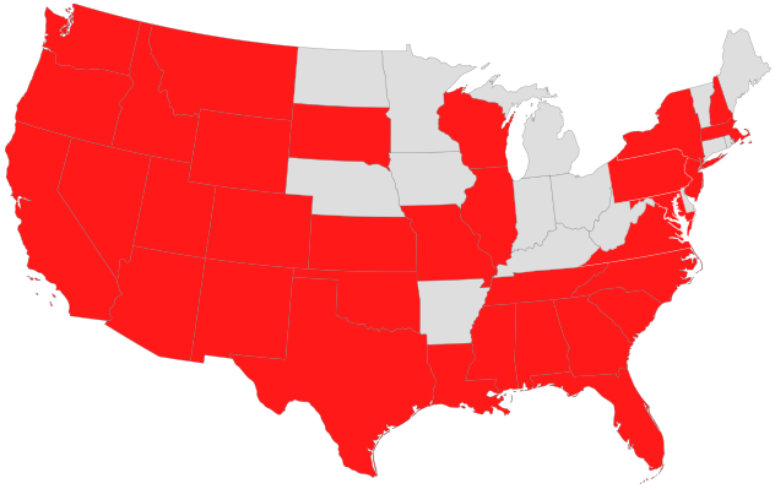

















 My wife and I were discussing gender equality over lunch today. On a scale of 1–10 (one being female dominate and 10 being male dominate), we both agreed that America today is probably around a 6.5/10 in favor of men.
My wife and I were discussing gender equality over lunch today. On a scale of 1–10 (one being female dominate and 10 being male dominate), we both agreed that America today is probably around a 6.5/10 in favor of men.







 If you listen only to Chicken Little environmentalists, you might think America has done little to help save the planet for future generations.
If you listen only to Chicken Little environmentalists, you might think America has done little to help save the planet for future generations.

 Democrats in the House of Representatives last night
Democrats in the House of Representatives last night 